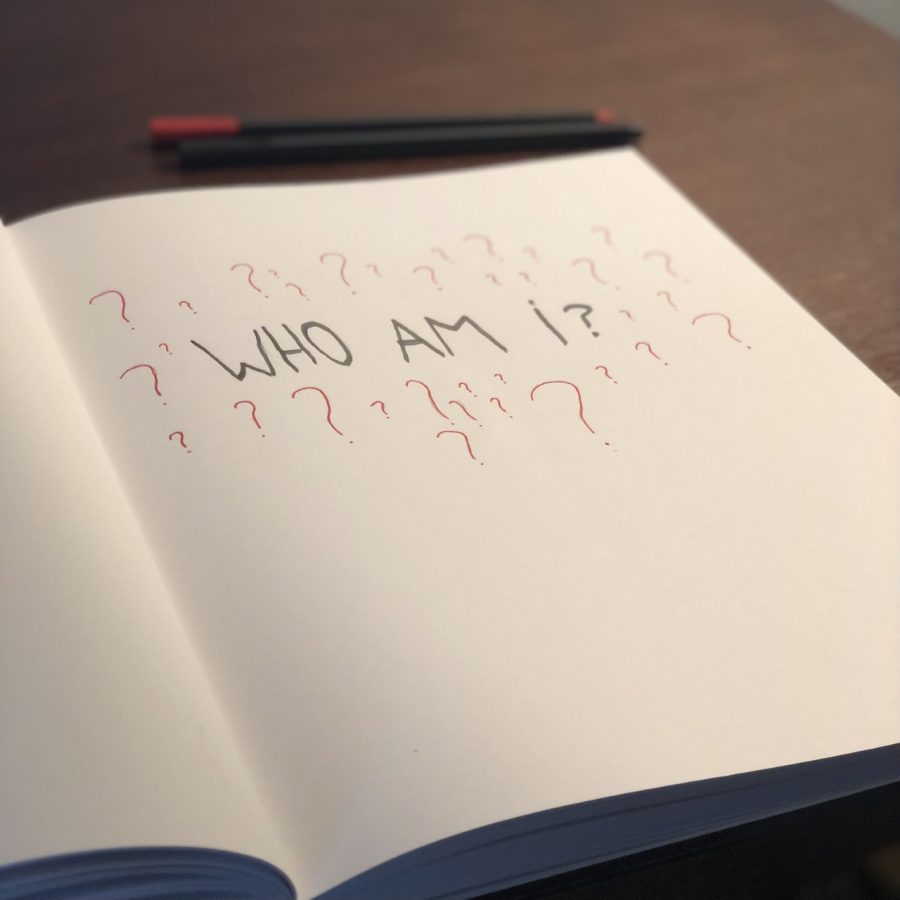Having an Identity Crisis in Quarantine? You’re Not Alone
January 31, 2021
As we enter the eleventh month of what was supposed to be a six-week lockdown, we can all agree that COVID-19 has caused a lot of disruptions in daily life. For some people, one of those disruptions was an identity crisis.
An identity crisis is defined as a personal conflict that involves confusion about one’s sense of self, identity, and social role. While identity crises are normal for people to have, and even sometimes regarded as important to one’s psychological development, they can still be stressful to experience, as they can have a major impact on how you see yourself, and can provide a feeling of instability in your personality.
But why are people having them more in quarantine? And how do we cope with them?
Initially, I thought people were having identity crises more in quarantine because now that they were seeing less people, they had less of a need to fake things about their identities. I figured that without the pressure to be just like their peers, people were discovering new parts of themselves that they had previously hidden, and simultaneously, they were losing the “fake” parts of themselves – the parts of their personalities that only showed up around specific people, and therefore were only performative. I saw quarantine as this unique situation that turned people into their “true selves.”
However, as I researched identity crises, I’ve found that it’s actually quite common for them to follow any big change. While they can be brought on by situations where something is lost, such as getting a divorce or going into quarantine, they can also be brought on by situations where something is gained, such as getting a new job.
Additionally, in reference to quarantine identity crises specifically, it’s been observed that many people have tied their sense of identity to aspects of themselves that they can only access in situations that lockdown has kept them from. For instance, if an athlete saw his skills at football as an important part of his personality, he may begin to question his identity if quarantine made him unable to play, since he’d no longer be able to access the skills he so strongly identified with.
I found this incredibly reassuring because it helped me realize that just because I don’t have certain parts of my identity anymore doesn’t mean those parts were fake all along. Quarantine may have made it harder for me to access them, but they were still a part of me before, and they will still be a part of me when I’m in the right circumstances to access them again. I think reminding yourself of this can be one of the most helpful ways to cope with a quarantine identity crisis. If you feel as if you’ve lost yourself, reflect on what feels missing. Think about how you accessed it before and how you can access it again. The person you are in quarantine is not inherently more your true self than the person you were before. You’re just under different circumstances now. You are not lost.


